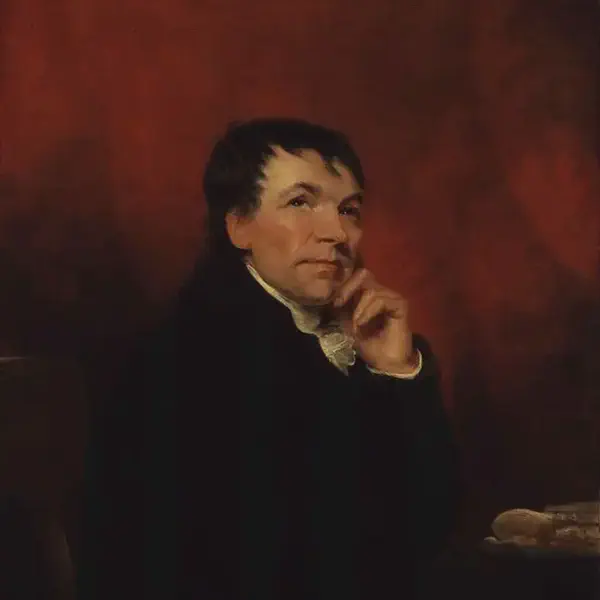
John Philpott Curran, Born
July 24, 1750
John Philpot Curran (24 July 1750 – 14 October 1817) was an Irish orator, politician, wit, lawyer and judge, who held the office of Master of the Rolls in Ireland.
He was renowned for his representation in 1780 of Father Neale, a Catholic priest horsewhipped by the Anglo-Irish Lord, Viscount Doneraile, and in the 1790s for his defence of United Irishmen facing capital charges of sedition and treason.
His courtroom speeches were widely admired. Lord Byron was to say of Curran, “I have heard that man speak more poetry than I have seen written”.
Karl Marx described him as the greatest “people’s advocate” of the eighteenth century.
Member of Parliament
A liberal Protestant whose politics were similar to Henry Grattan, he employed all his eloquence to oppose the illiberal policy of the Government, and also the Union with Britain. Curran stood as Member of Parliament (MP) for Kilbeggan in 1783.
He subsequently represented Rathcormack between 1790 and 1798 and served then for Banagher from 1800 until the Act of Union in 1801, which bitterly disappointed him; he even contemplated emigrating to the United States.
He also visited France in the 1780s and in 1802 at the time of the Treaty of Amiens, and considered that an Ireland ruled by the United Irishmen under French protection would be as bad as, if not worse than, British rule.
The United Irishmen
In 1798, Ireland seeing the success of the French Revolution, rebelled against the British House of Commons and lack of reforms on Catholic Emancipation. The British were able to defeat the Irish rebels and at the battles of Ballinahinch, Vinegar Hill, and Ballinamuck although reinforced by the French under General Humbert, and soon establish their control over the country by 1799.
Many ring leaders were charged with treason and were facing death sentences and Curran played an important role in court defending the leaders of the United Irishmen.
The Emmet’s Rebellion
His youngest daughter Sarah’s romance with the rebel Robert Emmet, who was hanged for treason in 1803, scandalised Curran, who had tried to split them up. He was arrested and agreed to pass their correspondence on to Standish O’Grady, 1st Viscount Guillamore, the Attorney General for Ireland. In the circumstances he could not defend Emmet.
Suspected in Rebellion
He was suspected with involvement in Emmet’s Rebellion, but was completely exonerated. However, his friend Lord Kilwarden was killed by the rebels, and he lost any faith in the beliefs of the United Irishmen. He disowned Sarah, who died of tuberculosis five years later.
He was appointed Master of the Rolls in Ireland in 1806, following Pitt’s replacement by a more liberal cabinet.